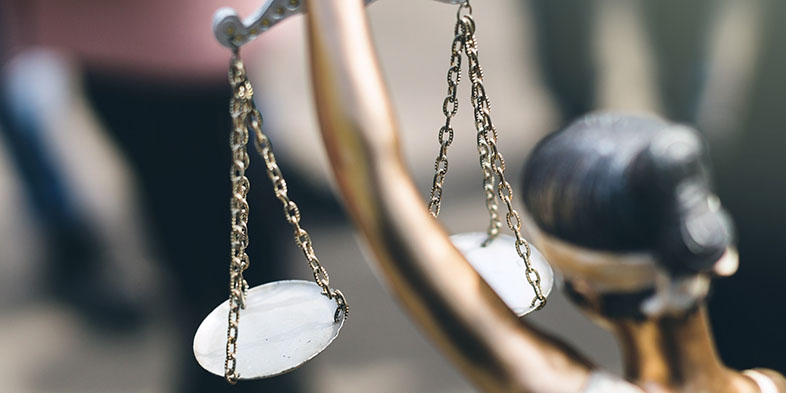DOJ exercises its broad jurisdiction under the FCPA in reaching non-prosecution agreement with Brazilian energy giant

The U.S. Department of Justice (the DOJ) recently announced that it has entered into a non-prosecution agreement with Brazilian state-owned energy company, Petróleo Brasileiro S.A. (Petrobras), in connection with violations of the Foreign Corrupt Practices Act (the FCPA). Petrobras agreed to pay USD $853.2 million in penalties for its role in facilitating corrupt payments to public officials and political parties in Brazil. Petrobras also reached settlements with the U.S. Securities and Exchange Commission (the SEC) and with Brazil’s Ministerio Publico Federal in related proceedings. Offset provisions in the respective agreements provide that Petrobras will pay 10 percent of the $853.2 million penalty to the DOJ, 10 percent to the SEC and 80 percent to Brazilian authorities. This case demonstrates the willingness of U.S. enforcement agencies to investigate and prosecute anticorruption matters that relate to non-U.S. entities engaged in misconduct outside of the U.S.
Petrobras’s Corrupt Practices in Brazil
According to the agreed statement of facts in Petrobras’s non-prosecution agreement, senior executives at the company facilitated and directed a massive bid-rigging and bribery scheme between 2004 and 2012 in violation of the FCPA. These executives directed Petrobras’s contractors to pay hundreds of millions of dollars in bribes to Brazilian politicians and political parties, as well as to the executives themselves. In exchange, the conspiring contractors were awarded valuable Petrobras contracts. The bribes were often paid to officials with authority over Petrobras’s operations and refineries. The executives facilitated the bribery by funnelling the bribes through Petrobras, concealing the payments by listing fictional costs on the company’s financials.
The Long Arm of U.S. Law Enforcement
As we have noted, the DOJ has an expansive view of the geographic scope of its jurisdiction. In one recent case, the Second Circuit Court dismissed a case involving alleged bribery where the alleged criminal activities took place outside of the United States, and without a sufficient connection to a U.S. company. Nevertheless, U.S. law enforcement agencies continue to take a robust approach to extraterritorial jurisdiction. In the case of Petrobras, the DOJ asserted jurisdiction over Petrobras’s corrupt practices, notwithstanding that Petrobras is a Brazilian company and paid the impugned bribes in Brazil, because Petrobras’s shares were listed on the New York Stock Exchange while these practices were ongoing. The U.S. government was willing to pursue Petrobras even though 80 percent of the settlement amount ended up going to Brazilian authorities. FBI Assistant Director, Robert Johnson, expressed the FBI’s reasons for doing so as follows:
“Today’s global resolution demonstrates the FBI’s commitment to thoroughly investigating and holding accountable those international companies who seek to take advantage of our financial system while also facilitating bribes and fraud in other countries”
Implications
This case is another reminder for Canadian businesses that their conduct in one jurisdiction may attract scrutiny from enforcement agencies in other jurisdictions. Canadian companies should, in developing and enforcing compliance programs, be mindful of the possibility that the regulatory regimes of Canadian, U.S. or other jurisdictions may be applied.